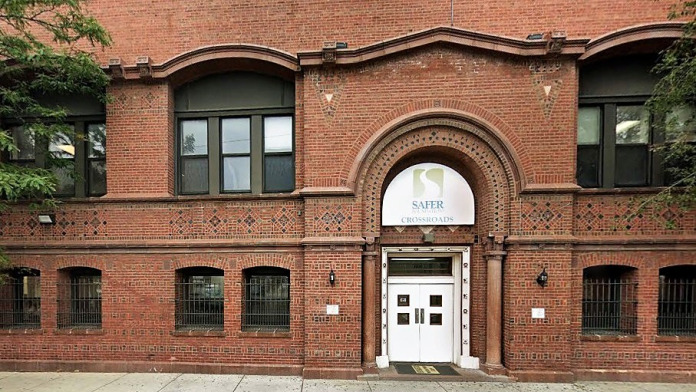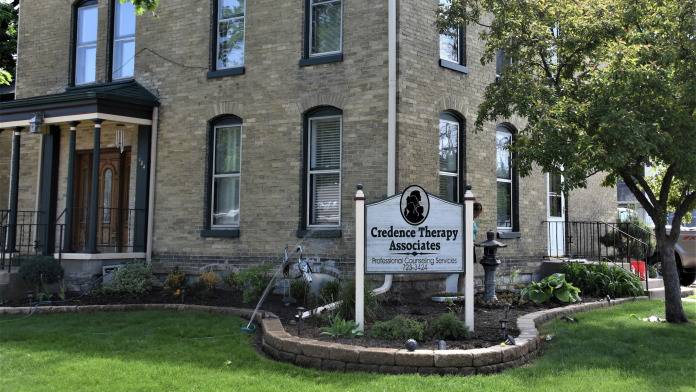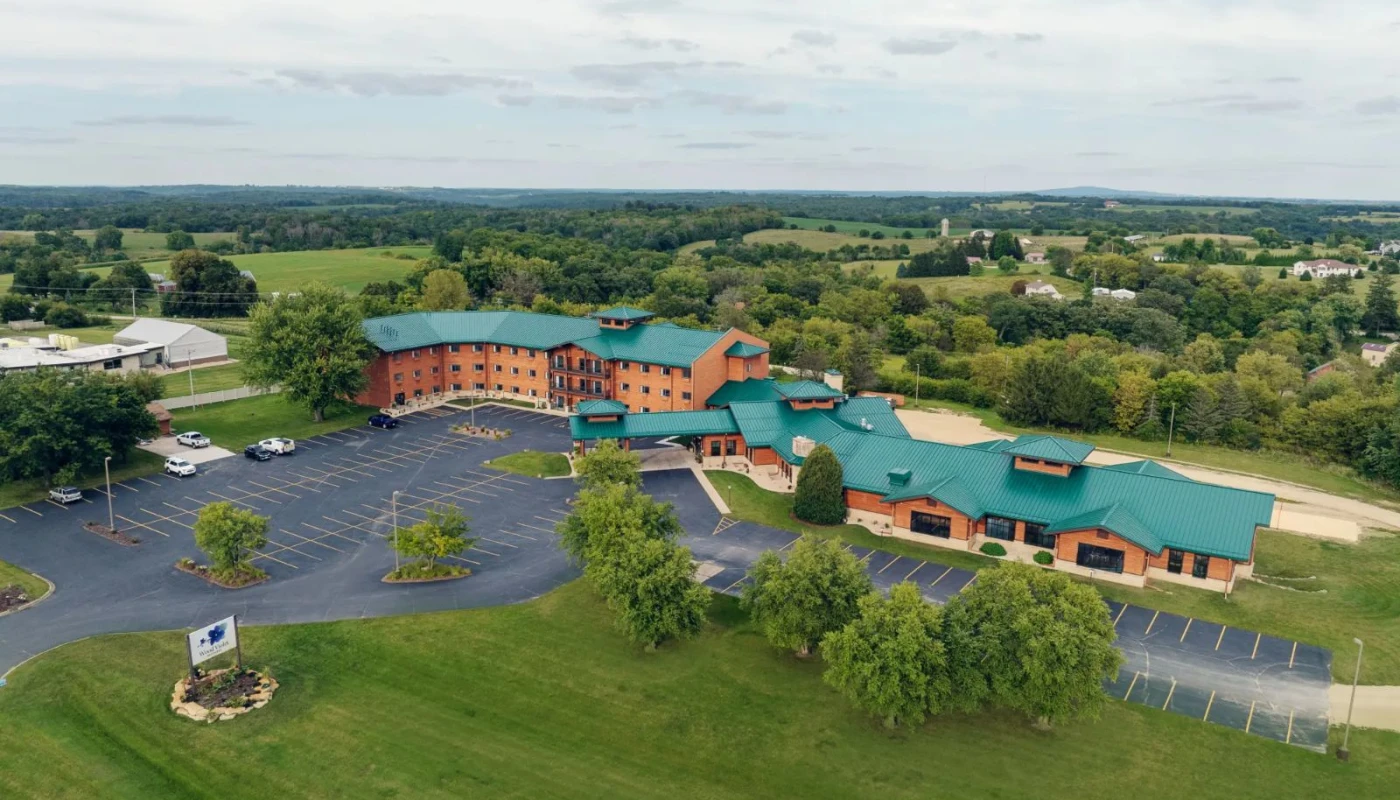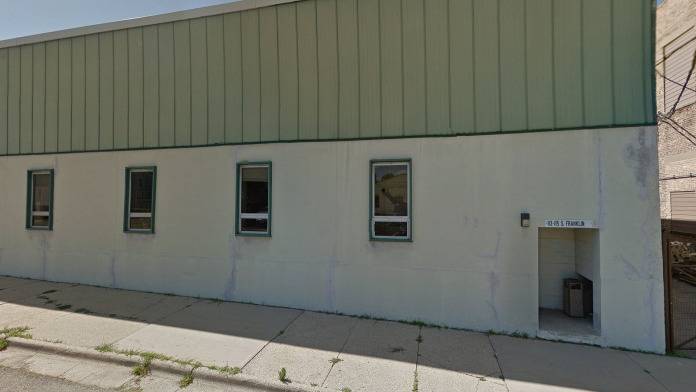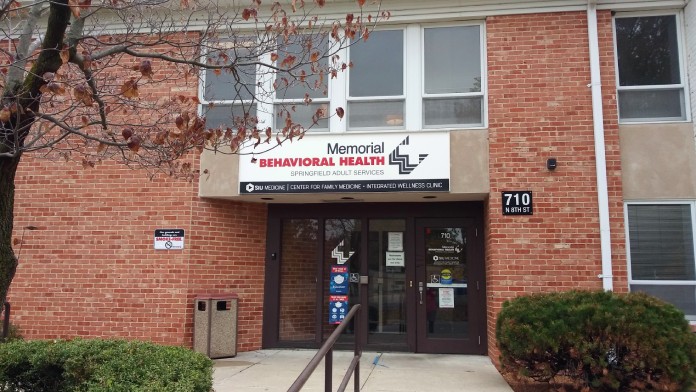About DePaul Family and Community Services
DePaul Family and Community Services are located on North Kenmore Avenue in Chicago, Illinois. They provide outpatient behavioral health services to address co-occurring disorders for youths and adults as a state-funded agency.
Income verification is required for all clients seeking services. They’re located in an urban community setting on the campus of historic DePaul University close to restaurants and businesses.
Walkable Location & Public Transportation
They are accessible by the Chicago Transit Authority public transit system which includes elevated trains and buses. They can also be accessed via I-90 and highway 64. They’re also located in a residential, walkable community.
They provide one-on-one counseling services as well as group therapy for children and adults in the community. They also provide you with a full medical assessment prior to treatment to determine what level of care you may require. They also provide access to community-based referral services including problem assessment, referrals and psychoeducational programs.
Services for Adults with Children Who are Currently Under Care
I find it important to know that they don’t provide services to adults who don’t have a child but are seeking treatment at their facility. However, if they do, any one from Chicago within their family can seek treatment and referral services through DePaul.
State-Funded Payments Accepted
Services at DePaul can be paid for through State-funded programs, like Medicaid. I find it encouraging to know that they also work with some private insurance plans for reimbursable services.
The staff also works in conjunction with the University Counseling and Psychological Services department to provide referrals and treatment. Programs are funded by DePaul University and the Illinois Department of Human Services.
The center were recently awarded for their services with the McNeill Memorial Award. This award recognizes the center as “being a model for community development and action.”
Rehab Score
Gallery
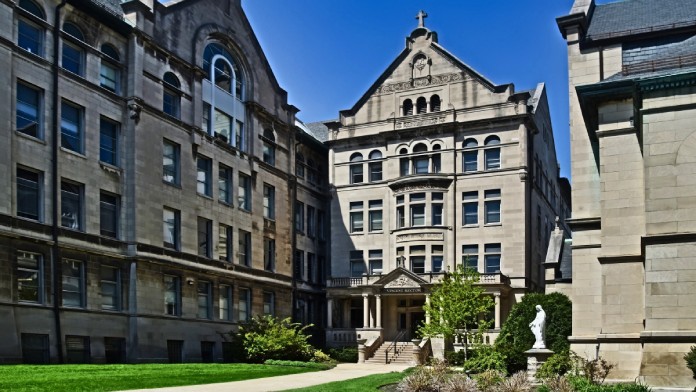
Other Forms of Payment
Medicaid is a state based program that helps lower-income individuals and families pay for healthcare. Medicaid covers addiction treatment so those enrolled can use their coverage to pay for rehab. When a program accepts Medicaid the client often pays very little or nothing out of their own pocket.
Private insurance refers to any kind of healthcare coverage that isn't from the state or federal government. This includes individual and family plans offered by an employer or purchased from the Insurance Marketplace. Every plan will have different requirements and out of pocket costs so be sure to get the full details before you start treatment.
Self-pay involves paying for treatment out of your own pocket. You can use savings or credit, get a personal loan, or receive help from family and friends to fund your treatment. If you don't have insurance or your insurance plan doesn't cover a specific program, self-pay can help ensure you still get the care you need.
Addiction Treatments
Levels of Care
 Outpatient
Outpatient
Treatments
Mental health rehabs focus on helping individuals recover from mental illnesses like bipolar disorder, clinical depression, anxiety disorders, schizophrenia, and more. Mental health professionals at these facilities are trained to understand and treat mental health issues, both in individual and group settings.
Programs

Adult Program

Young Adult Program
Clinical Services
Cognitive Behavioral Therapy (CBT) is a therapy modality that focuses on the relationship between one's thoughts, feelings, and behaviors. It is used to establish and allow for healthy responses to thoughts and feelings (instead of unhealthy responses, like using drugs or alcohol). CBT has been proven effective for recovering addicts of all kinds, and is used to strengthen a patient's own self-awareness and ability to self-regulate. CBT allows individuals to monitor their own emotional state, become more adept at communicating with others, and manage stress without needing to engage in substance abuse.
Whether a marriage or other committed relationship, an intimate partnership is one of the most important aspects of a person's life. Drug and alcohol addiction affects both members of a couple in deep and meaningful ways, as does rehab and recovery. Couples therapy and other couples-focused treatment programs are significant parts of exploring triggers of addiction, as well as learning how to build healthy patterns to support ongoing sobriety.
Dialectical Behavior Therapy (DBT) is a modified form of Cognitive Behavioral Therapy (CBT), a treatment designed to help people understand and ultimately affect the relationship between their thoughts, feelings, and behaviors. DBT is often used for individuals who struggle with self-harm behaviors, such as self-mutilation (cutting) and suicidal thoughts, urges, or attempts. It has been proven clinically effective for those who struggle with out-of-control emotions and mental health illnesses like Borderline Personality Disorder.
Research clearly demonstrates that recovery is far more successful and sustainable when loved ones like family members participate in rehab and substance abuse treatment. Genetic factors may be at play when it comes to drug and alcohol addiction, as well as mental health issues. Family dynamics often play a critical role in addiction triggers, and if properly educated, family members can be a strong source of support when it comes to rehabilitation.
Group therapy is any therapeutic work that happens in a group (not one-on-one). There are a number of different group therapy modalities, including support groups, experiential therapy, psycho-education, and more. Group therapy involves treatment as well as processing interaction between group members.
In individual therapy, a patient meets one-on-one with a trained psychologist or counselor. Therapy is a pivotal part of effective substance abuse treatment, as it often covers root causes of addiction, including challenges faced by the patient in their social, family, and work/school life.
Trauma therapy addresses traumatic incidents from a client's past that are likely affecting their present-day experience. Trauma is often one of the primary triggers and potential causes of addiction, and can stem from child sexual abuse, domestic violence, having a parent with a mental illness, losing one or both parents at a young age, teenage or adult sexual assault, or any number of other factors. The purpose of trauma therapy is to allow a patient to process trauma and move through and past it, with the help of trained and compassionate mental health professionals.
Staff
Julie Brosnan
Director
Ayah Mousa
Office Manager
Luxury Bryant
Staff Therapist
Bianca Mena
Staff Therapist
Raunel Urquiza
Intake & Outreach Specialist
Victoria Doobay
Senior Clinical Training Manager
Contact Information
2219 North Kenmore Avenue
Suite 300
Chicago, IL 60614
